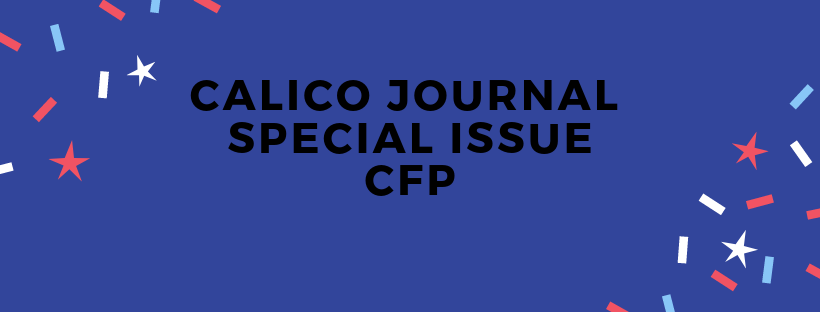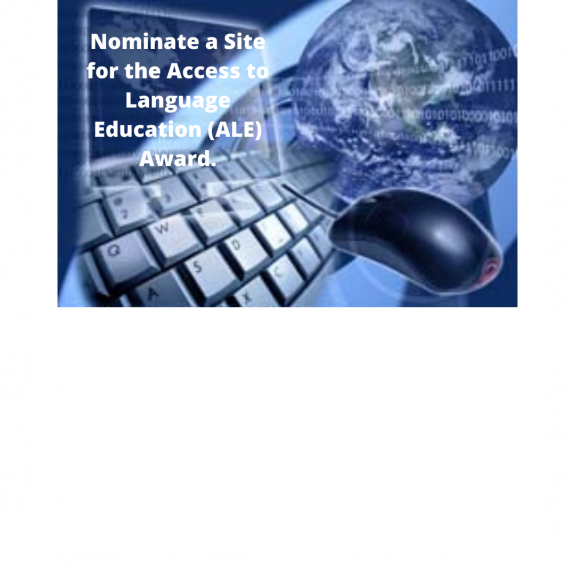
CALICO Journal CALICO Journal special issue, Technology-Mediated Task-based Language Teaching and Learning, Call for Papers
Papers are invited for a special issue of CALICO, the journal of the Computer-Assisted Language Instruction Consortium, on ‘Technology-Mediated Task-based Language Teaching and Learning. We are pleased to invite proposals for the special issue of volume 42 of the CALICO Journal, which will be published in February 2024. With this call for proposals, we are looking for (a) guest editor(s), who will produce an issue on a timely and compelling CALL-related theme that will resonate with our readership and move the field forward. If you are interested in becoming a guest editor, please submit a proposal addressing the following points:
(1) name(s) and affiliation(s) of the guest editor(s)
(2) topic of the special issue
(3) rationale for the topic (500 words maximum)
(4) short CV of each guest editor (with particular emphasis on published research on the topic of the special issue and editing experience)
(5) draft Call for Papers for the special issue
The editors invite papers exploring innovative approaches to designing, implementing, and evaluating technology-mediated task-based language teaching and learning. Papers may report on empirical studies or theoretical pieces that challenge our current thinking about TBLT. Quantitative, qualitative, mixed-, and multiple-method designs are
welcome. Quantitative studies examining learner process data are especially welcome as are all designs targeting less commonly taught languages, including ASL and other sign languages of the world. Studies relying purely on survey or questionnaire research will not be considered. Full-length manuscripts of no more than 7,500 words (all inclusive) will be invited by the editors after evaluating expressions of interest (see timeline below).
As a starting point, we use González-Lloret and Ortega (2014) in our framing of the five definitional features of a task in the context of technology and task integration. These features include the following: 1. Primary focus on meaning; 2. Goal orientation; 3. Learner-centeredness; 4. Holism; and 5. Reflective Learning. We also assume the non-neutrality of technology and acknowledge the importance of curriculum in task-technology integrations. Forward-thinking topics relevant to technology-mediated task-based language teaching and learning may include but are not limited to:
| AI in TMTBLT Assessment Critical approaches to TMTBLT Curriculum Design Digital literacies Extramural language learning Gaming Individual differences Materials development Methodological considerations Mobile environments |
Needs analysis Online, hybrid or blended course design Replication studies Special needs language learners Task complexity Task design Task sequencing Tasks in multisensorial environments The role of the teacher Theoretical constructs in TMTBLT Young learners |
Initial expressions of interest and informal inquiries are encouraged and should be sent to the editors, Ana Oskoz oscoz@umbc.edu and Bryan Smith bryansmith@asu.edu. All proposals will be evaluated by the CALICO Journal’s editorial board. Please see the complete timeline below.
Initial expressions of interest/proposals of no more than 750 words are due by October 10, 2023. This proposal should address the theoretical framework employed, justification for the study, research questions, methodology, findings (where available), and
implications for future research or pedagogy. For theoretical pieces, ensure the proposal includes a clearly articulated problem and a proposed solution.
Timeline:
• 10 October 2023: Initial expressions of interest/proposals
• 1 December 2023: Invitation for full manuscripts
• 1 June 2024: Full manuscript due to editors
• 15 June 2024: double-blind review process
• 1 August 2024: Round one peer review due to editors
• 1 November 2024: Revised drafts due to editors
• 28 February, 2025: Final revised manuscripts due
• October 2025: Special Issue Publication
Please note that abstract acceptance does not guarantee publication of the submitted manuscript. All manuscripts will be subject to a double-blind peer review process.



